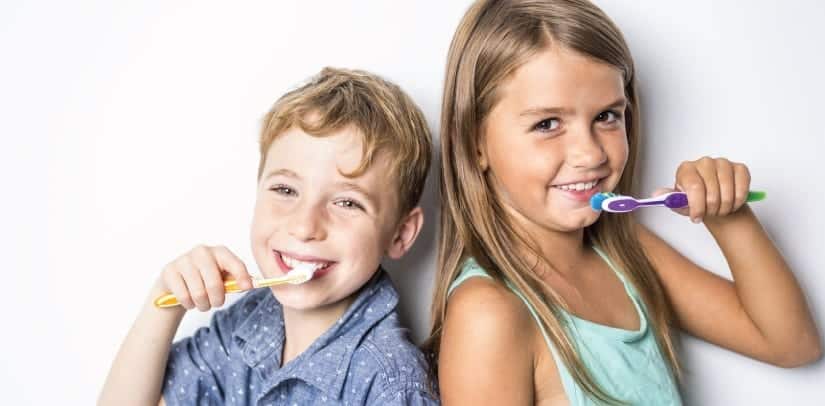The American Academy of Pediatric Association reports 40% of 2-5 year olds who have not seen a dentist develop cavities.
Although it may seem like a challenge to get your child to practice good oral hygiene habits, scheduling regular visits with a pediatric dentist is a great way to get started. Dentists can easily spot the telltale plaque buildup along the gum line and recommend preventative care.
At Jenkins & LeBlanc, our team is committed to helping educate you and your child about supporting a healthy smile. Here’s what parents should know about how they can help prevent tooth decay and cavities in children.
What is Tooth Decay?
Tooth decay occurs when bacteria from food and drinks is left on your child’s teeth and gums.
The bacteria create an acid that eats through enamel, making the teeth susceptible to decay. Overtime, the decay can create a hole in the tooth, also known as a cavity.
According to the U.S. Department of Health and Human Services, cavities are 5 times more common than asthma among children, and at least 4 million preschoolers suffer from tooth decay. Decay in baby teeth is a serious infection that can spread and cause a dental abscess.
How Can Parents Help Prevent Tooth Decay in Children?
Your child is born without the harmful bacteria that eats away at the structure of teeth.
But parents can transfer harmful bacteria to a child’s mouth when through saliva; by eating from the same spoon, brushing your toddler’s teeth with your tooth brush or even cleaning your child’s pacifier by putting it in your mouth. Studies show by the age of two, parents have typically infected their child with the harmful bacteria.
Therefore, as parents, it’s important to learn preventative steps to help promote good oral hygiene.
Start Practicing Oral Hygiene Early!
Baby’s teeth are important to your child’s overall oral health and bone development. Teeth help shape the face and assist in eating, chewing, and speaking.
Parents can encourage proper oral hygiene care while teaching good dental habits to their child. It’s important as a parent and especially a pregnant mother to care for your own mouth and oral hygiene.
Before baby teeth appear, you can begin dental care by gently wiping your baby’s gums with a warm, clean cloth every day and especially after feeding.
Avoid Sugars
Never put juice, soda or other sweetened drinks in baby bottle or put your infant or toddler to bed with a bottle than has anything other than water. It’s recommended to wait until at least 12 months to give juice to your child and should be limited to meal and snack times, never overnight!
If your child uses a pacifier, never dip it in anything sweet or sugary. If the pacifier falls, clean with hot water and soap and rinse thoroughly. Do no clean the pacifier using your own mouth to help prevent transmitting harmful bacteria.
Choose Healthy Foods
It’s important to instill healthy eating habits with your child. From an early age, choose healthy snacks and drinks, avoid sugary juices and hard candy.
Snack less, the more often you eat, and the longer foods are left in your mouth the more damage occurs. Choose nutritious foods for snacks such as cheese, veggies, yogurt or fruit.
First tooth, first visit!
Drs. Jenkins & LeBlanc recommend scheduling your child’s first dental appointment upon the arrival of the first erupted tooth or by the first birthday.
At each of our convenient locations, we are committed to providing the best dental care and early education to promote and assist you in your children at home oral hygiene care. Our trained staff of dental professionals are always available to support and instruct you and your child in assistance with proper oral health!
